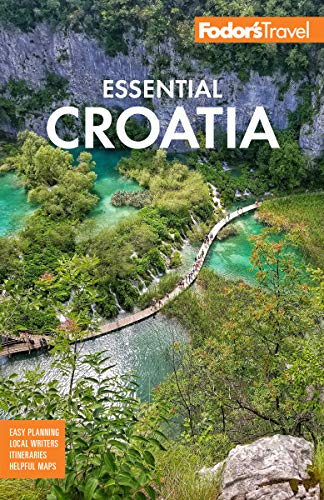Water is the essence of Kvarner, and the region's largest city expresses this simply. Whether in Croatian or Italian (Fiume) the translation of the name to English is the same: river. Although the history of Croatia's third city goes back to the days of Imperial Rome, modern Rijeka evolved under the rule of Austria-Hungary. The historic core retains vestiges of the old Habsburg monarchy from the time when Rijeka served as the empire's outlet to the Adriatic. During the 1960s, under Yugoslavia, the suburbs expanded rapidly. Rijeka is the country's largest port, with a huge shipyard, massive dry-dock facilities, refineries, and other heavy industries offering large-scale employment. Since the breakup of Yugoslavia, however, Rijeka's role as a shipping town has declined significantly, though local shipyards still repair many U.S. Navy ships and commercial cruisers.
At the city's core sits the Korzo, a pedestrian street of shops and cafés running parallel with the harbor and just to the south of where the land begins to rise toward the peaks of the mountains that back the bay. The high ground ensures that the suburbs stretch out to the east and the west, with little space to expand to the north. Rijeka holds an important location in the region, and thereby offers key rail, road, and sea access into Istria, Slovenia, and Italy. As such, many regard Rijeka as a transit location rather than a holiday destination. That limited view continues to change each year as more historical and cultural significance is recognized, such as Rijeka being awarded the prestigious title of European Capital of Culture 2020 for its "Port of Diversity" program.
Many visitors stay in the nearby seaside riviera of Opatija, and locals will often head that way in their free time as well. That said, Rijeka is a perfectly pleasant small city (approximately 130,000 people call it home). This makes it one of the more authentically Croatian spots in the region in summer. Those looking to avoid the hordes could do much worse than to stay in Rijeka and use the excellent network of ferries to explore the rest of Kvarner.
Rijeka is the home port of Jadrolinija, the coast's major ferry company. Local ferries connect with all the Kvarner islands and will take you farther afield as well.






